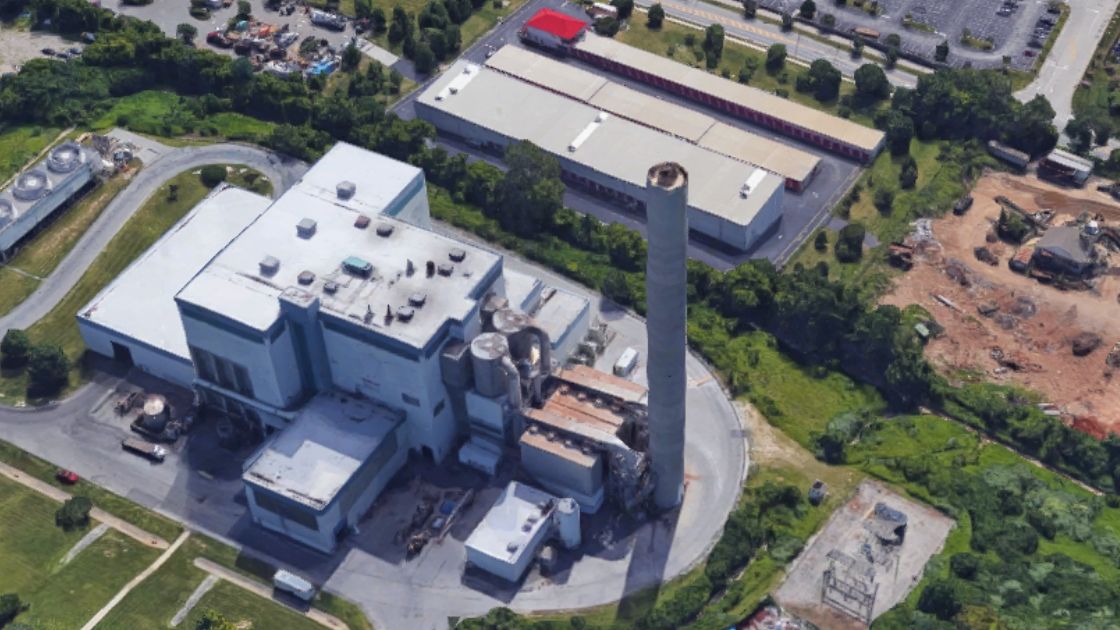Philadelphia’s collection of trash and recycling has been hampered by an increase in volume due to people staying home during the pandemic and struggles to maintain a full workforce. According to an article in the August 12th edition of the Philadelphia Inquirer that led to a decision in Philadelphia to co-mingle trash and recycling.
The city’s recycling is usually handled by Waste Management. However, when trash and recycling get co-mingled a portion of the city’s trash with recycling mixed in could end up at Covanta facilities in Plymouth and Chester. The portion that ends up at the Covanta facilities originates in Northwest and West Philadelphia.
Once at a Covanta facility everything is burned to produce energy. The ash is then removed and landfilled.
A handful of incidents over the past two years at Covanta in Plymouth Township led to concern and activism among neighbors focused on the environmental impact of the plant. The series of incidents, along with pressure from the activists, led Plymouth Township, Whitemarsh Township, the Borough of Conshohocken, and the Borough of West Conshohocken to reconsider utilizing the facility. Whitemarsh decided to landfill its trash and Plymouth, Conshohocken, and Plymouth declined to sign a five-year extension with Covanta and instead opted for two years.
So is more recycling ending up within the trash being burned at Covanta an issue? We asked Covanta to comment on this and a representative shared the following:
We have not seen any significant uptick in recyclable material coming to the Plymouth facility. Our longstanding position is that we would prefer recyclables to be recycled.
But importantly, modern waste-to-energy facilities like Covanta Plymouth are designed to handle a variety of material in the waste stream including plastics. Any processing of recyclable material does not impact the environmental performance of the facility or the ability to comply with emissions standards. In fact, there has always been unrecyclable plastic material in the waste stream.
Also, once recyclables are co-mingled with trash, it is very difficult to effectively recycle many of the materials, so comingled material would likely have to be disposed of in some manner.
Let us know what you think in the comments.

